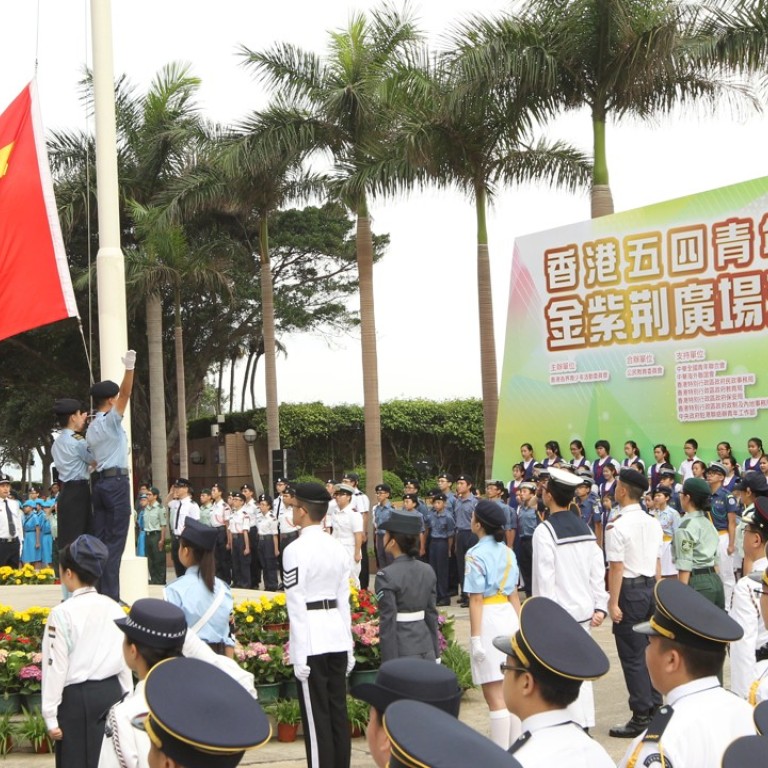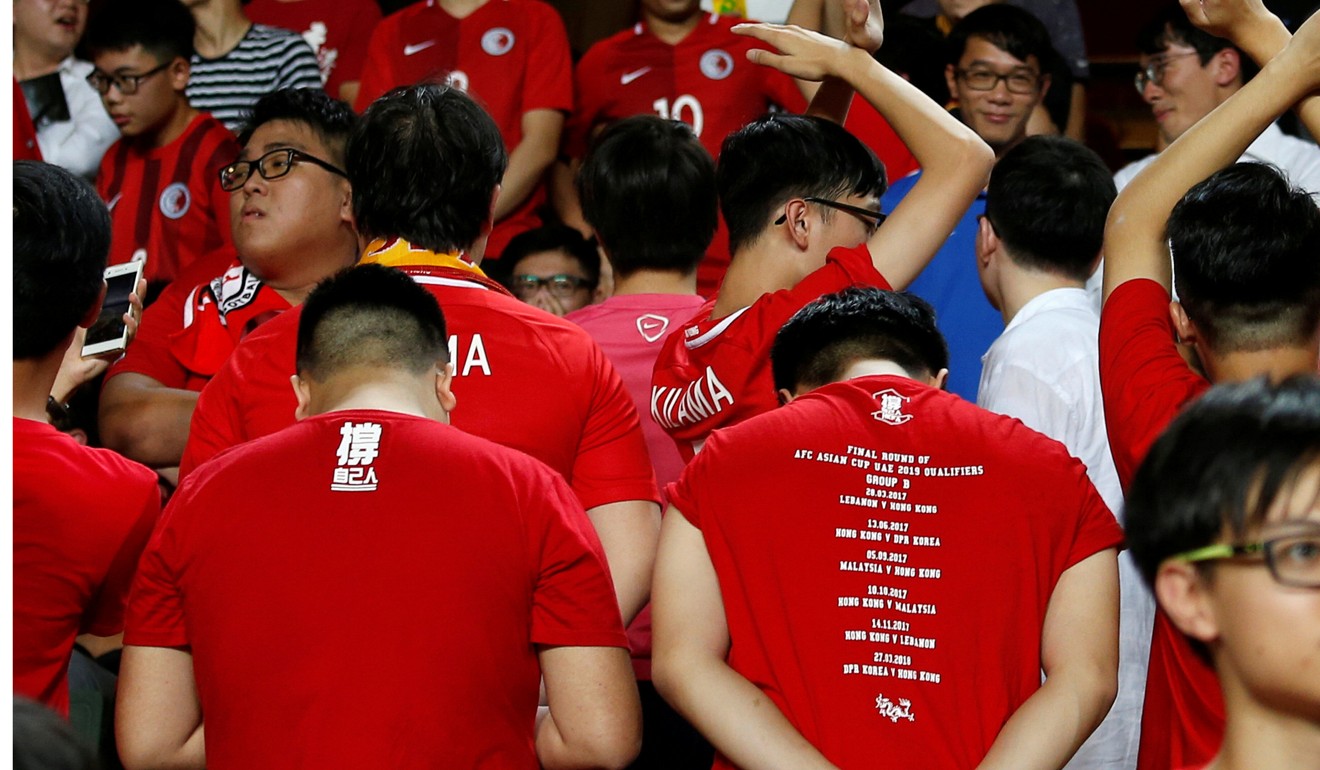
Should Hong Kong’s national anthem law specify the responsibility of schools to teach the song?
More legal heavyweights have weighed in on a government proposal for a rule requiring schools to teach students March of the Volunteers and understand its history and spirit
More legal heavyweights have weighed in on the need to include the responsibilities of schools in the local version of mainland China’s national anthem law, with some saying the move was tantamount to adding “political statements” into legislation.
The experts were referring to the government’s proposal for a clause stating that schools “shall teach students to sing the national anthem, and to understand the history and spirit of the national anthem”, even though there would be no punishment if they did not comply.
Hong Kong’s Chinese national anthem law ‘shouldn’t include rule for schools’, legal scholar says
While the national law on the Chinese flag spells out what full-time schools must do – display the flag daily and hold a flag-hoisting ceremony once a week – the Hong Kong version of the law, enacted when the city was returned to Chinese rule in 1997, does not mention something similar.
It was only in 2010 that the city’s Education Bureau introduced guidelines that suggested local schools regularly hold a flag-raising ceremony.
China imposes national anthem law on Hong Kong, raising spectre of prison terms for abuse of song
Under the local national anthem bill to be tabled to the Legislative Council in July, anyone who distorts or insults March of the Volunteers faces a maximum fine of HK$50,000 and a three-year prison term. The penalty is the same for desecrating the national flag.
Former Director of Public Prosecutions Grenville Cross said the clause deviated from Hong Kong’s norms of law drafting, where legislation spells out what conduct is prohibited.
No need for formal consultation over law against national anthem abuse, says Hong Kong leader
“It is not the practice for such a law to contain matters which are not to be criminalised, and whose purpose is essentially to regulate standards of behaviour,” Cross told the Post.
Cross said the deviation was likely a result of efforts to mirror the Chinese version of the law, with the city’s law draftsman enjoying “no discretion”.

“Although this is certainly unusual in Hong Kong, I imagine that the law draftsman (and the Secretary of Justice, who oversees the law draftsmen) must have concluded that this obligation to apply the National Anthem Law could not be satisfied by purely administrative means,” he wrote in an email.
Another legal expert, Lin Feng, Associate Dean of City University’s law school, said he believed the deviation was likely a “political compromise”, as “political statements or declarations” are commonly included in mainland laws.
Explainer: what will China’s national anthem law mean for Hong Kong?
“The Government can choose not to include the clause, [and tell the mainland] this is our system – those laws not enforceable would not be written,” the Law Reform Commission member said.
Professor Johannes Chan Man-mun, former law dean of the University of Hong Kong, criticised the local bill for including “political statements” into the law and changing the nature of common law, which was “a clear, objective and practical” instrument.
“In the Chinese socialist system, law is a political instrument to serve political ends. Hence it is common to include political statements in the law. Practicality is not the concern, as the emphasis is ideological … Law is ideological rather than pragmatic; and as time passes, this may affect how law is to be interpreted.”
Intention key to determining whether national anthem insult in Hong Kong deserves jail time
Eric Cheung Tat-ming, the University of Hong Kong’s principal law lecturer, also said on Monday that including in the legislation rules that drew no punishment if they were flouted would undermine the solemnity law.
The Department of Justice indicated it would defer to the Constitutional and Mainland Affairs Bureau when the Post asked if the inclusion of the clause indeed deviated from the practice of law-drafting in the city, and who was behind the decision to include the clause in the bill.
The bureau said the legislative principle “is to maintain the purpose and intent of the National Anthem Law to fully reflect its spirit and to preserve the dignity of the national anthem”.
It added the drafting process had taken Hong Kong’s common law system and the actual circumstances into consideration.
But it did not respond to the question of whether the National Flag and National Emblem Ordinance would be amended accordingly.

